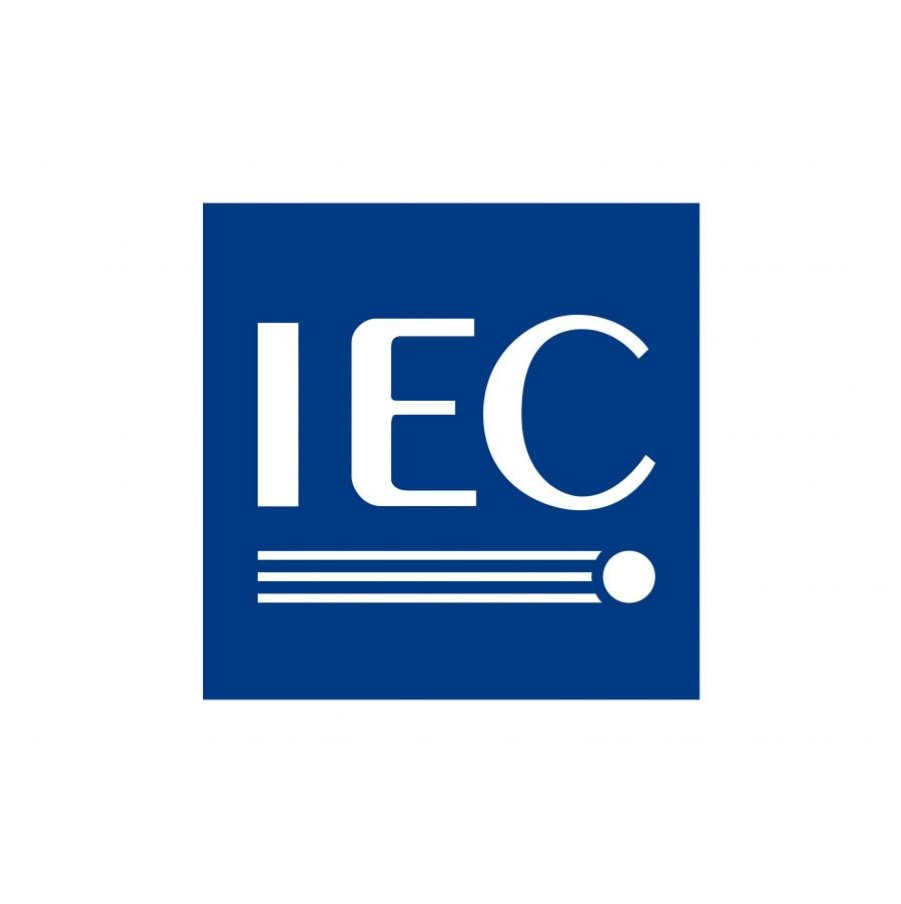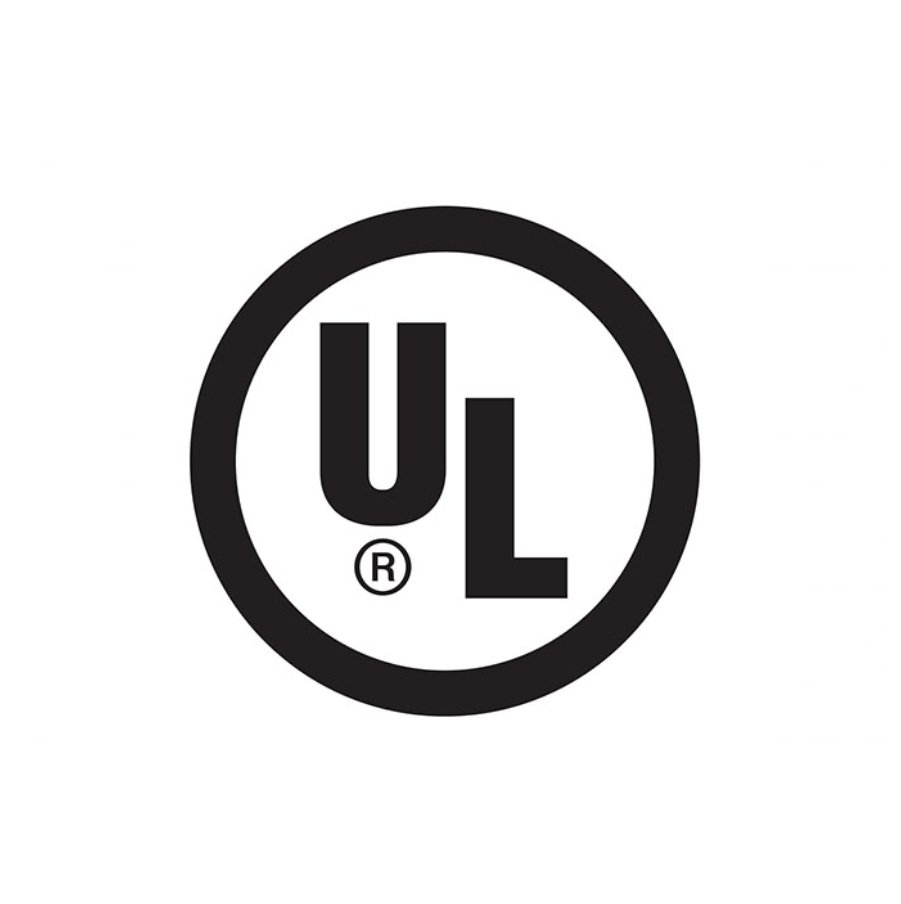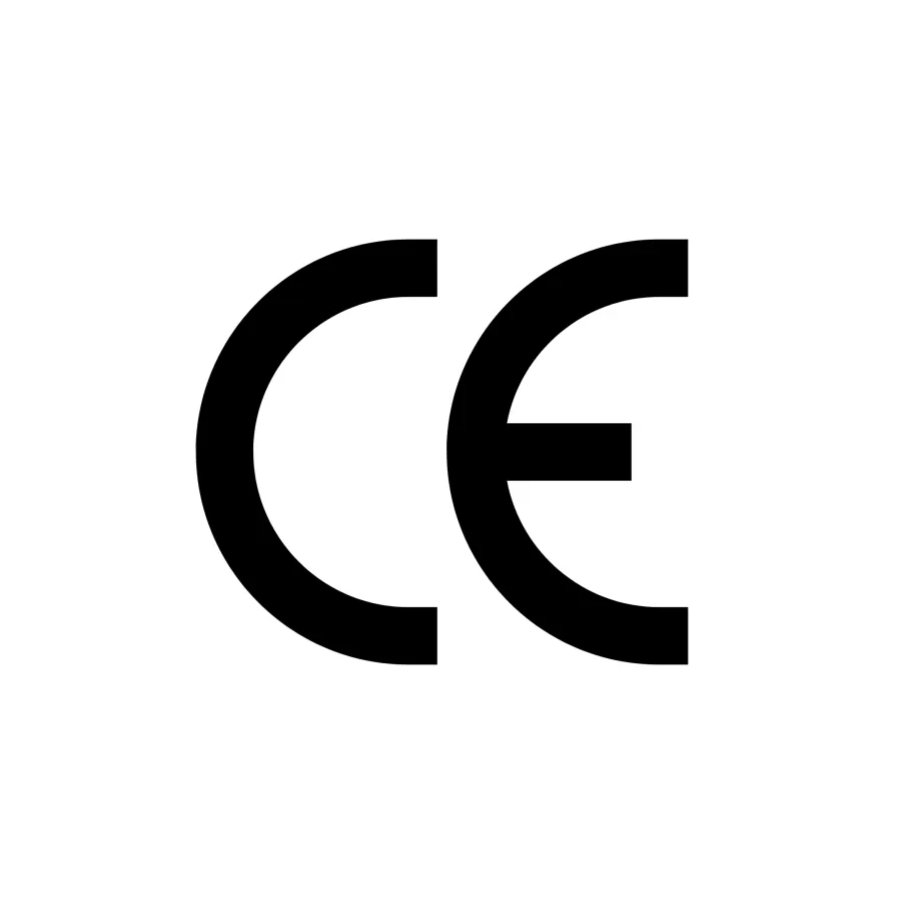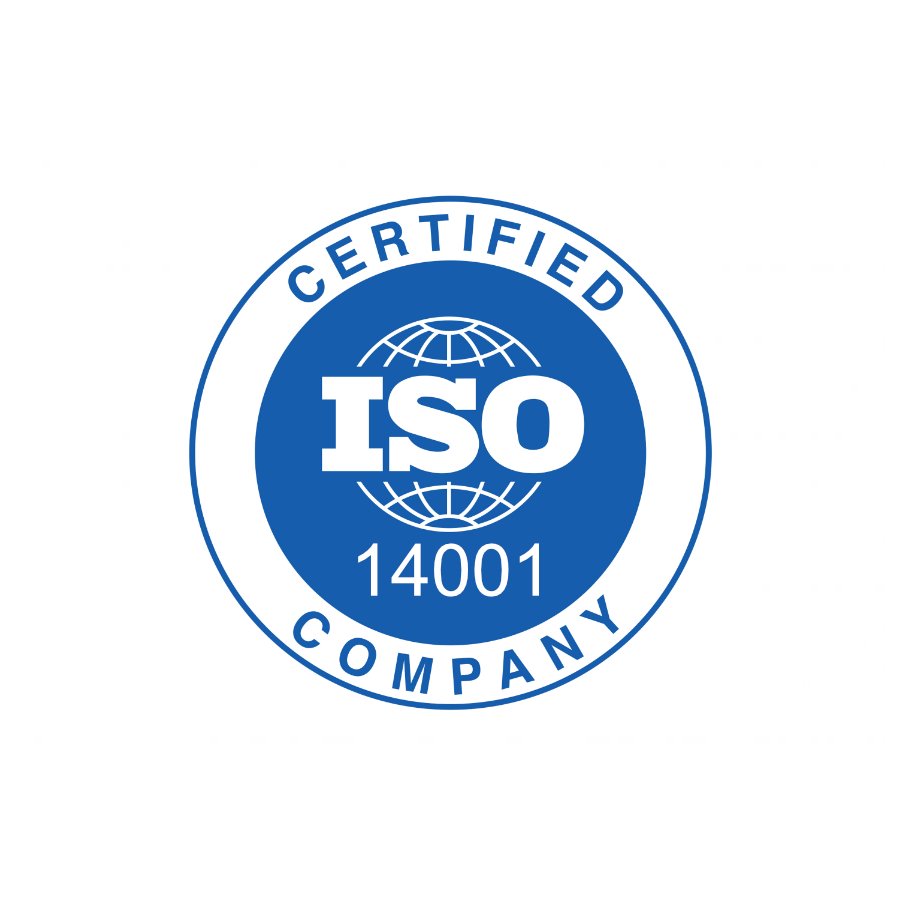
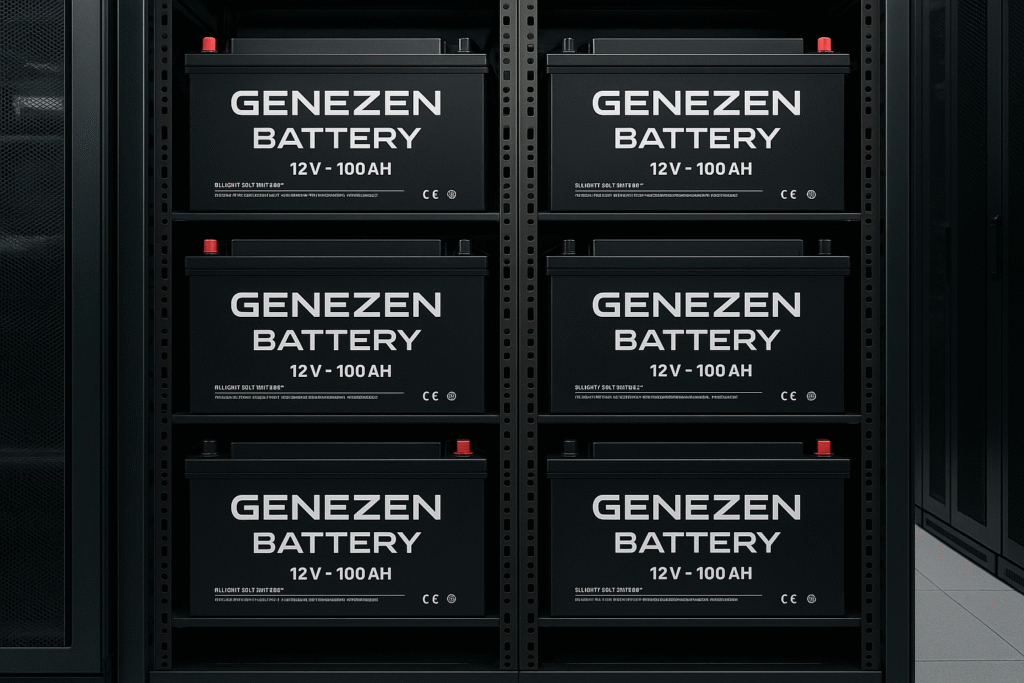
The Genezen Battery, powered by patented silicate-salt chemistry, is the safer, longer-lasting, and more affordable alternative to lithium-ion and lead-acid batteries. Originally designed for military applications, this proven technology is now transforming energy storage for communities, industries, and critical infrastructure around the world.
Genezen delivers: safe, affordable, high-performance energy storage for the toughest challenges and the most underserved markets.
Up to 60% lower cost per kWh of lithium systems
No flammable materials, no acid mist, and no thermal runaway
Reliable from −40°F to +158°F
2,200+ cycles at 50% DoD
Built from recyclable, non-toxic components.
Recharge to 90% in just 60 minutes
Genezen delivers safe, long-lasting energy storage at up to 60% lower cost per kWh than lithium systems. Our batteries operate from −40°F to +158°F, recharge to 90% in an hour, and are built from recyclable, non-toxic materials. No fire risk or hazardous waste.
2–5 milliohms vs. ~25 milliohms for lead-acid
Holds charge for months in storage.
50% higher specific energy than VRLA batteries.
No special enclosures, ventilation, or cooling required
The Genezen Battery offers ultra-low internal resistance for higher efficiency, holds its charge for months in storage, and delivers 50% more energy per weight than VRLA batteries. Designed for rapid deployment, it requires no special enclosures, ventilation, or cooling. Making installation fast and simple anywhere.




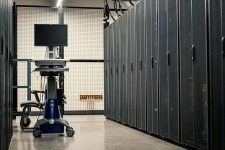




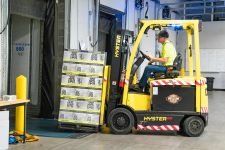







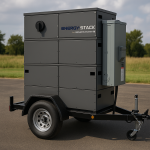
From compact residential units to containerized grid solutions, the Genezen Battery delivers dependable energy storage with no hazardous waste and minimal environmental impact. Making it the foundation for every application we offer.
From Saharan heat to Arctic cold, Genezen technology has been field-tested in telecom and military deployments for decades. Its resilience eliminates the costly cooling, heating, or environmental controls that lithium-ion batteries require.
Delivering dependable power where other solutions fail.
Beyond safety and performance, Genezen is committed to environmental stewardship. All major components are recyclable, and the non-hazardous electrolyte can be reused as a soil additive.
Avoiding the toxic waste and complex recycling challenges of lithium batteries.
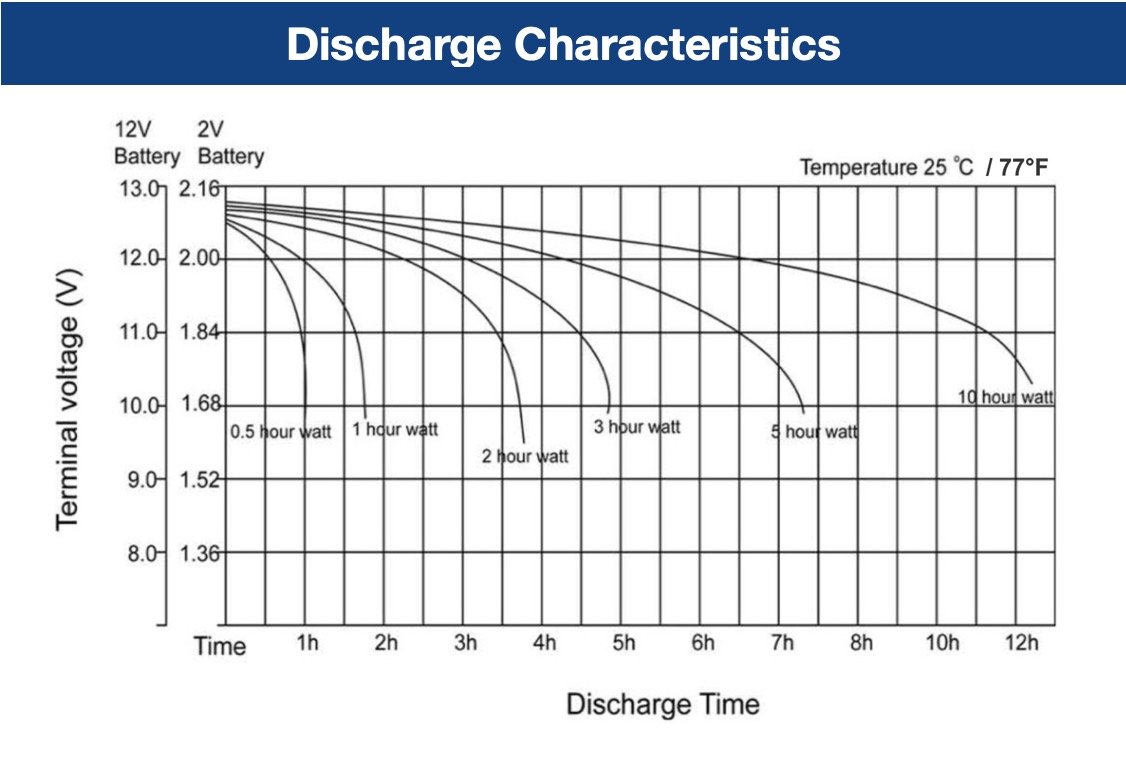
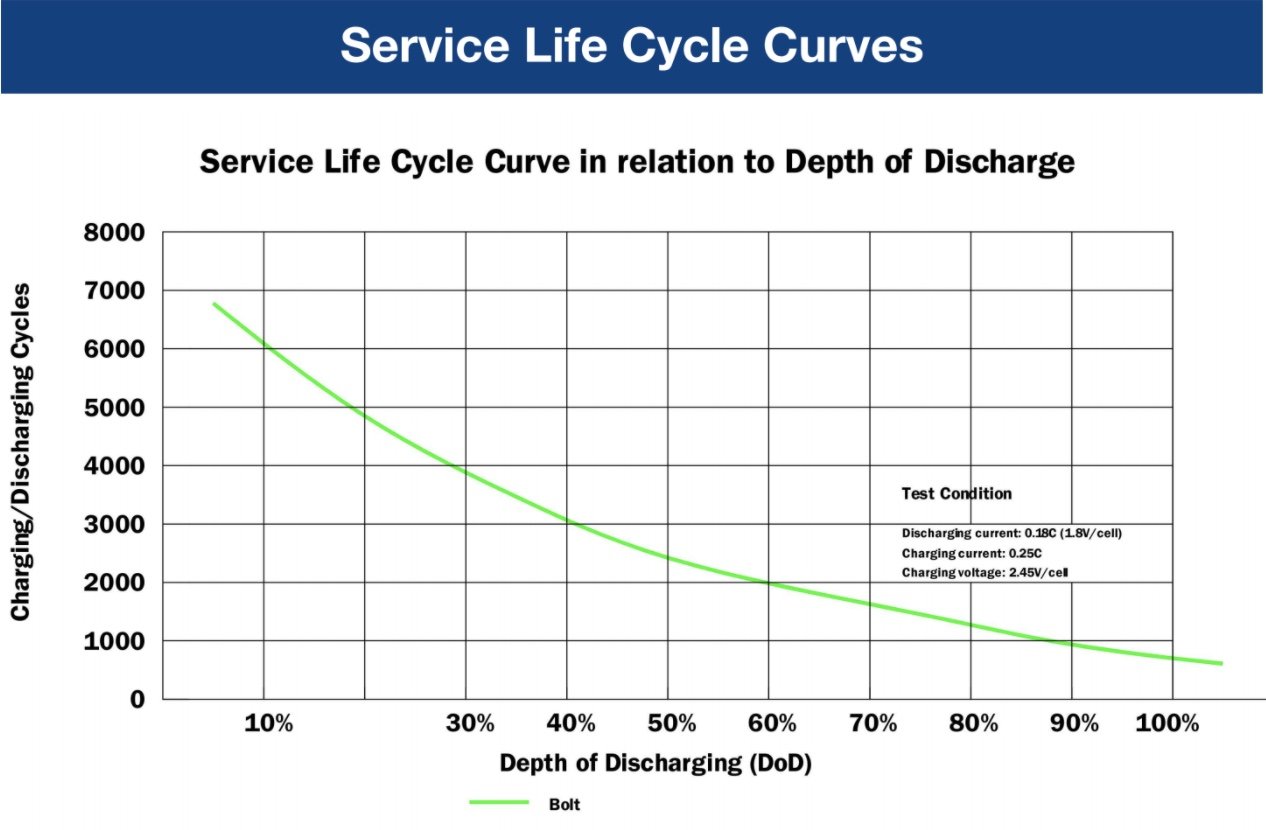
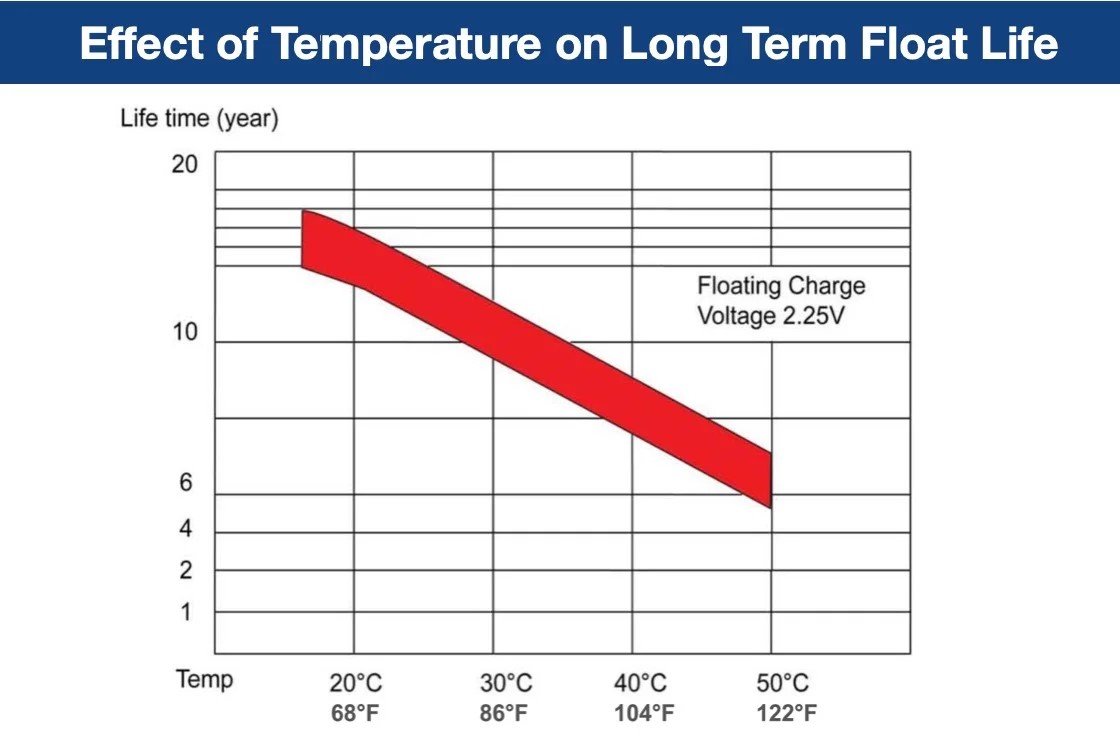
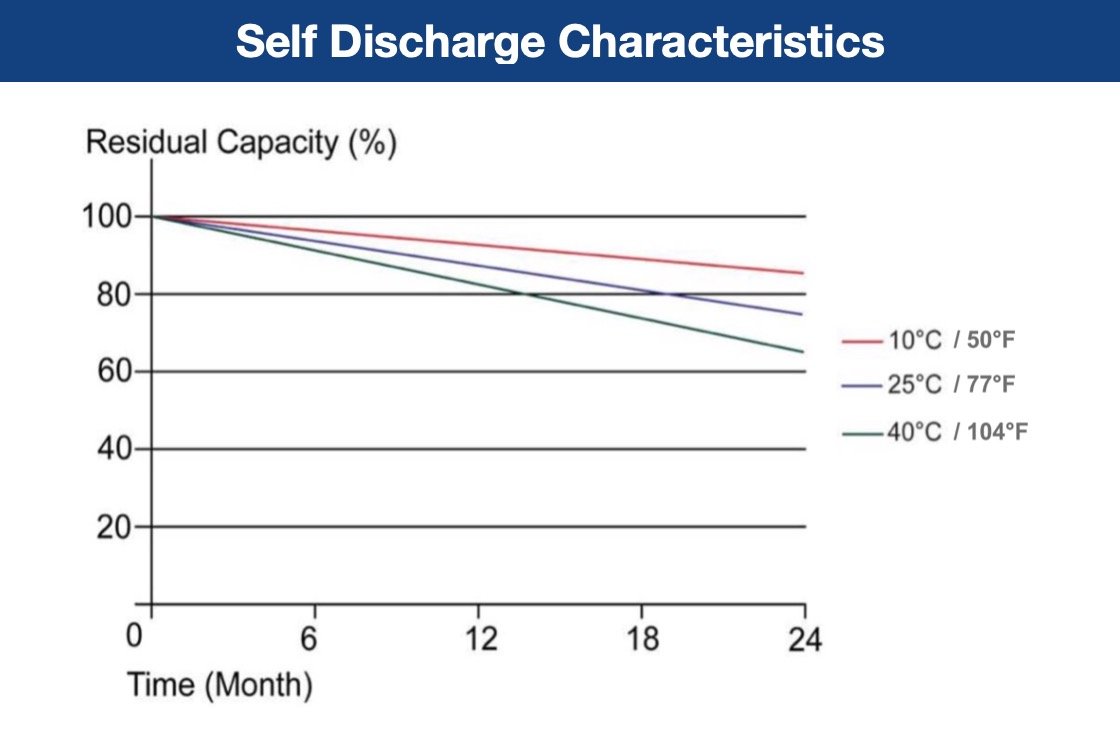
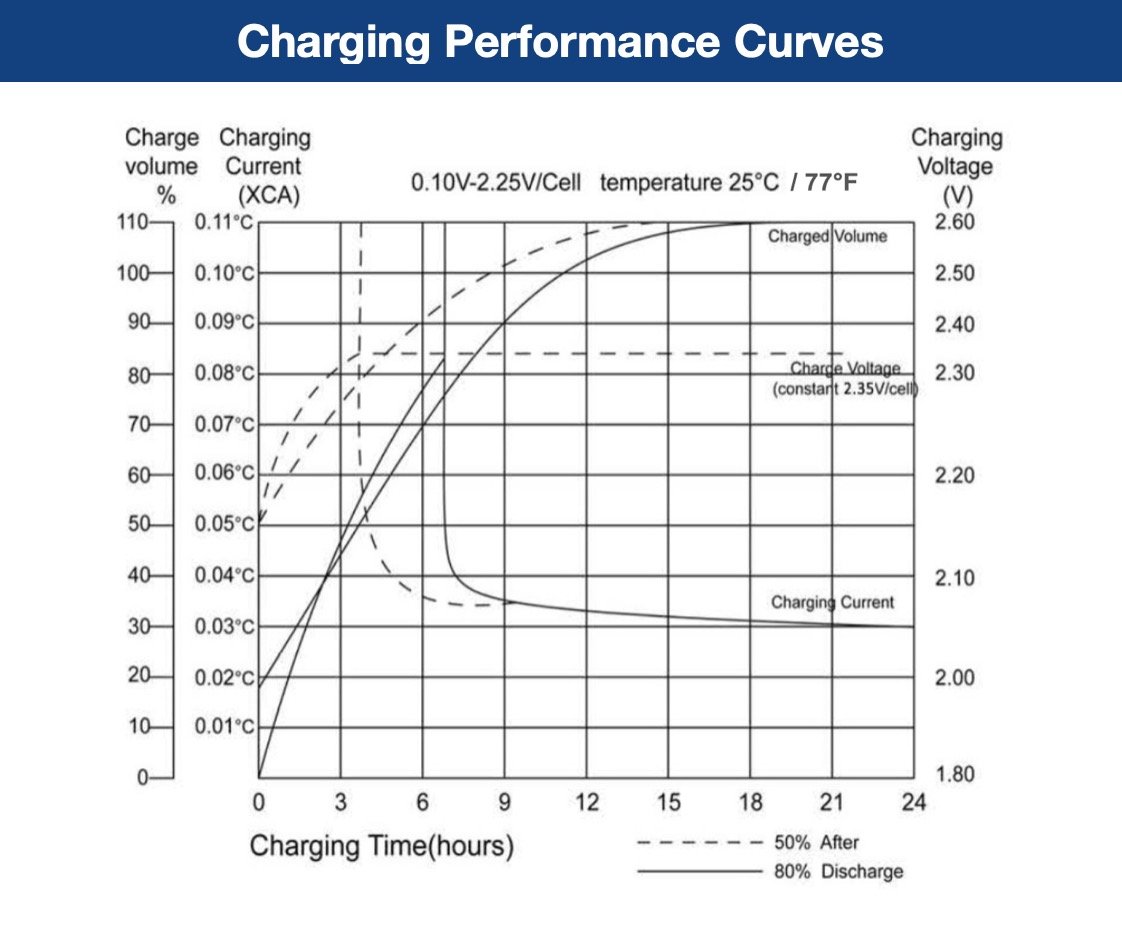
Originally designed and developed in 1992 for the military, Bolt Ultra Batteries deliver a much higher overall performance than lead-acid batteries. Utilizing a patented, proprietary electrolyte of liquid low-sodium silicate compound of ammonia sulfate, sodium carbonate and water, the Bolt Ultra Battery has successfully overcome the drawbacks of lead-acid batteries used since the 1970’s. These drawbacks include acid corrosion, acid mist pollution, low energy & power density, and short life span. The newly designed neutral electrolyte does not corrode the electrodes, hence prolonging the batteries cycle life. The overall construction of the battery is very similar to lead-acid batteries that are on the market, utilizing a lead plate that the electrolyte reacts with. This makes replacing batteries with this technology very simple.
Due to their high temperature performance and fast charging capability, Bolt Ultra Batteries also have a universally recognized edge over commonly used lead-acid batteries. VRLA (valve regulated lead- acid) batteries in general lose a considerable amount of capacity as the ambient temperature around the battery falls. With silicate batteries, they continue to function well in very cold or freezing environments without the need for external battery warmers or warm-up time. They are also functional at full capacity at very high temperatures where most VRLA batteries lose capacity due to dry out and lithium ion batteries become unstable, requiring vast amounts of air conditioning to cool them.
For fast charging capability, Bolt Ultra Batteries can be recharged to 90% capacity within 60 minutes with a high current charger. Other advantages include small internal resistance (reducing heat) and low self-discharge rate, where most VRLA batteries lose a considerable amount of capacity after just six months. Bolt Ultra Batteries can sit uncharged for two years with minimal adverse effects. There is also no off-gassing or temperature rise during charging and operation; therefore, isolation is not required for gas emission, saving on construction costs in many applications.
For renewable energy applications, utilizing programmed set-points in the charge controller for VRLA or Gel batteries will sufficiently charge the batteries. You can consistently bring the batteries down to a 50% DoD, giving a little added capacity to the rule of thumb with most Gel or AGM where you don’t want to drop below 30%. Because of the low internal resistance, it eliminates the need for a BTS (battery temperature sensor) within the battery enclosure, further decreasing costs for additional components. One of the greatest benefits in using these batteries comes out of the silicate compound electrolyte’s properties at end of life. Because the battery is non-hazardous, the PH neutral solution consisting of ammonium sulfate can actually be used as a fertilizer. The recycling of the lead becomes much easier and environmentally sound because the electrolyte does not degrade the plate and create toxic lead dust.
Genezen’s battery technology is supported by patents, telecommunications network access licenses, defense certifications, and independent performance testing. These credentials confirm compliance with strict safety, reliability, and operational standards, with full certification details available on our dedicated documentation page.
